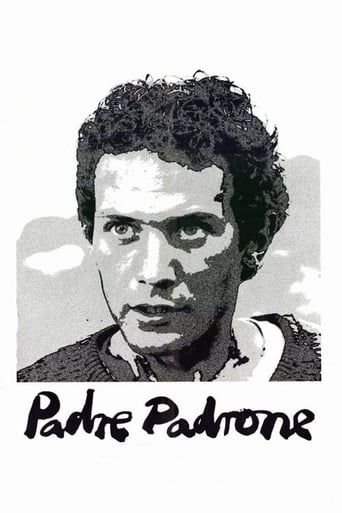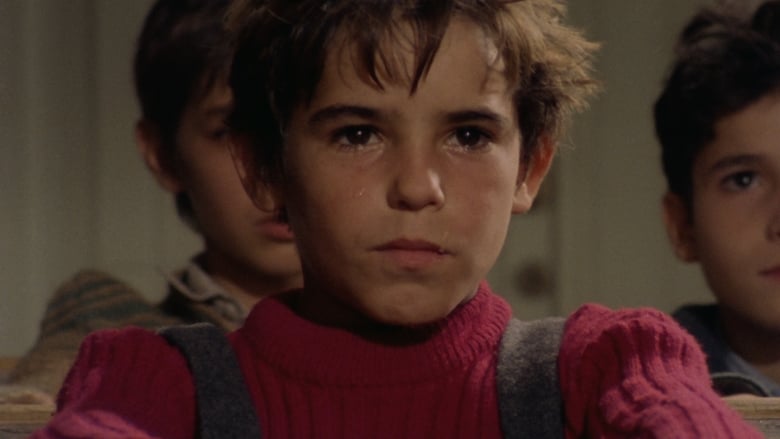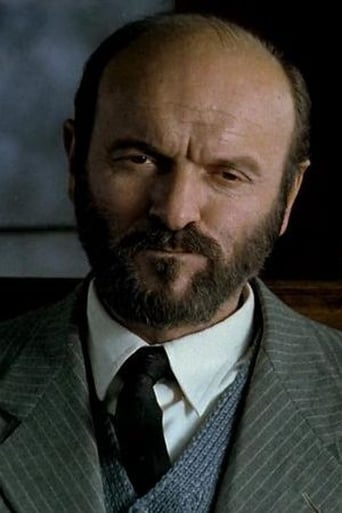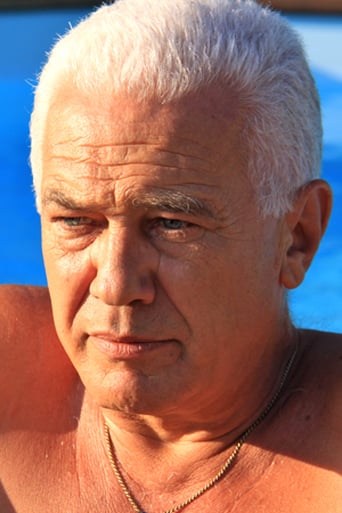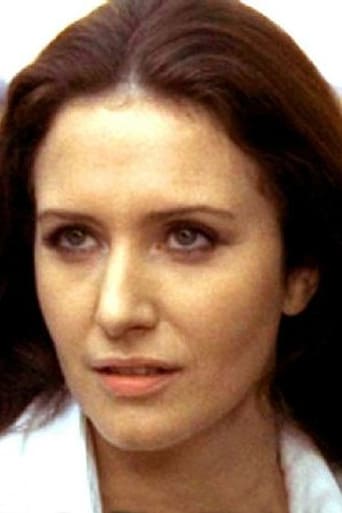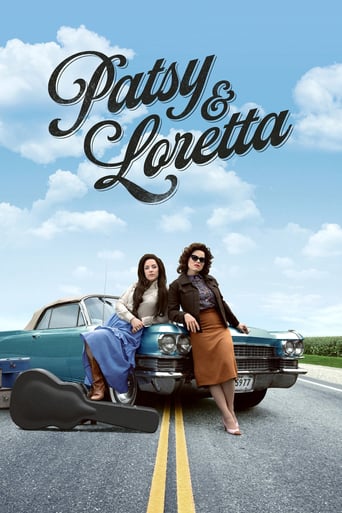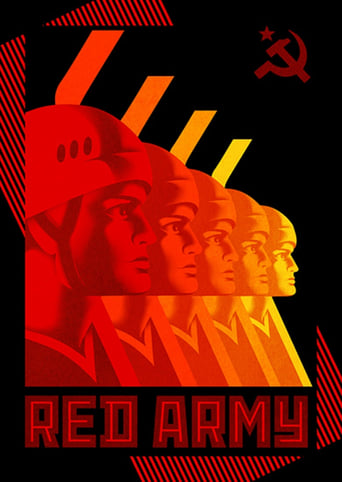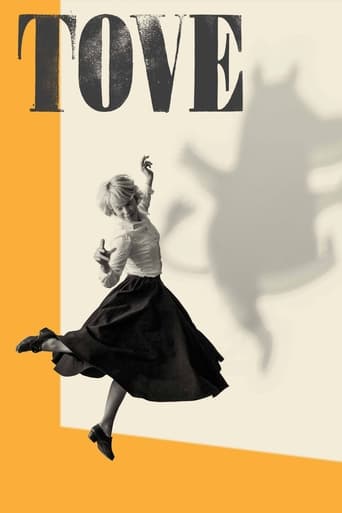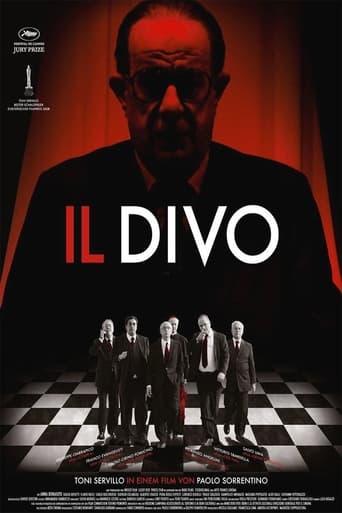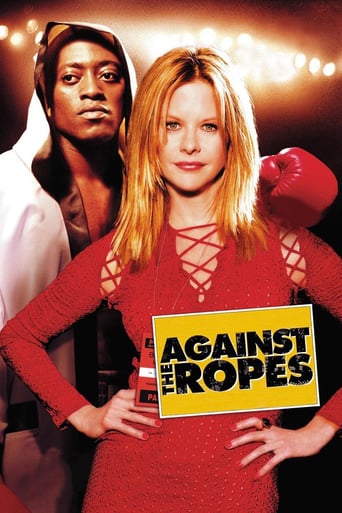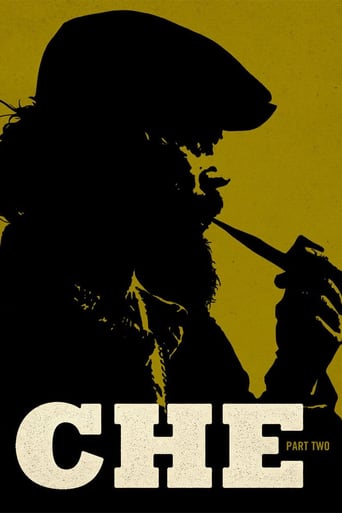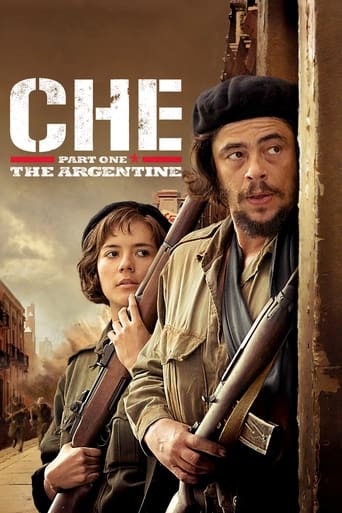Padre Padrone (1977)
The true story of the life of Gavino Ledda, the son of a Sardinian shepherd, and how he managed to escape his harsh, almost barbaric existence by slowly educating himself, despite violent opposition from his brutal father.
Watch Trailer
Free Trial Channels
Cast


Similar titles
Reviews
This Movie Can Only Be Described With One Word.
Tells a fascinating and unsettling true story, and does so well, without pretending to have all the answers.
A lot of perfectly good film show their cards early, establish a unique premise and let the audience explore a topic at a leisurely pace, without much in terms of surprise. this film is not one of those films.
A film with more than the usual spoiler issues. Talking about it in any detail feels akin to handing you a gift-wrapped present and saying, "I hope you like it -- It's a thriller about a diabolical secret experiment."
Already in the beginning the viewers are told that this is the story of a linguist who wrote a book. The story starts, then, with a father, a shepherd, as he takes his little son out of the classroom to the mountains to help guard the area and the flocks of sheep. When other boys laugh, the father tells them their day will come too, and it does. In the poor Sardinia, the life of boys is that of men. If they rebel or fail, their fathers exercise violence against them. A Poor kid's comfort: the father promises Gavino that when he'd be 20, he'd be free to go to elementary school. Humor and something of a naive charm are sparkled along the film, but the roughness of this life comes through and through. Eventually, the time for elementary school arrives, and Gavino takes full advantage of it. Still, you stay in doubt if he will ever be really free from the spirit and the mentality of his father.
"Padre Padrone" (Italian, 1977): Directed by Paolo and Vittoria Taviani. A Sardinian boy grows up under the crude and violent shadow of his sheepherder father. Family life is a combination of mind-numbing boredom and crackling moments of fear. The years pass, and almost by accident, the boy (now a man of 20) becomes involved in the larger world. Here begins his struggle to break away from the tyranny of "Father/Master", and make use all that awaits him but the teachings of his father are NOT that easily left behind. It's an interesting psychological story shown in typical Italian 70's fashion low production values, lots of overdubbing, and only a slight interest in creating an artful shot (no, most Italian films are NOT Fellini or Antonioni). However, THIS one is worth following. The payoff IS in the story and its message. It's a strong film that reminded me of "Pelle the Conqueror". And a second night of pondering: "Padre Padrone" ("Father Master") is a truly unique look at the relationship between fathers and sons. It's not a pastel image, that's for sure, but it raises some very interesting questions that I think most sons will recognize at some deep, unspoken level. As is always the case with a smart work of Art, the visual level is but the entryway to a broader topic which allows more viewers to relate. No, WE'RE NOT Sardinian, sheep herders, uneducated, or dirt floor poor. No, our fathers probably did not behave exactly as this father did...yet nearly every one of us can sense that the feelings we held towards our fathers (as boys) are somehow addressed in this film. He held the power. To get "out from under" his looming protections and threats, we had to leave. There was no other way to break free of the family dynamic. Upon return, for a visit or temporary living circumstance, we found he had not changed - no one in the family had changed - and the certainty we had that WE had changed while away, was only a facade days away from cracking or collapsing. What did we do? We left again, returned, left, visited, avoided, watched, and waited for "things" to change to SUCH a degree, we could now all settle into a new set of roles.
This move was pure agony to watch and totally devoid of any redeeming entertainment value at all. The endless scenes of extreme child abuse, masturbation and bestiality made this an experience that will scare me for life. A root canal would be preferable entertainment. Anyone who enjoys this movie has to be sick.My expectation was a story about a boy overcoming child abuse to become a successful writer. Only about 10 minutes is spent on the `overcoming' with the rest of the time obsessed on the agony. This could have been a great movie if it focused on the metamorphosis of an abused, illiterate Shepard into a literate professor and writer.My personal regret is that I fell for the `Cannes Golden Palm' label again. `Art is in the eye of the beholder' and this beholder sees very little artistic value in this movie. This movie had awful sound, poor cinematography, bad set decoration and horrible musical score. It is hard to imagine this movie being better than some of the other movies of this year like Star Wars, Close Encounters of the Third Kind, Equus, The Goodbye Girl and Annie Hall. Cannes went way out of the way to avoid a good movie for their award. My observation is that Cannes is a bunch of snobs who never give anything to any movie that can be remotely called entertaining.
This film made in the late seventies in Italy describes a rural family in the island of Sardinia. One year later, another film on agrarian society, "L'albero degli Zoccoli", also made in Italy, was a smashing success. The success among the italian audiences was attributed to a nostalgic remembrance of agrarian societies and lifestyle, also seen in Bertolucci's "1900". This film had a profound effect in many third-world countries. People from Turkey and from Madascar that came from rural patriarcal families whose economy was based on sheep farming saw this movie as their life manifesto. The struggles of the young son as he grows in his father's sheep farm are depicted in Taviani's style of symbolism. Notable is the army buddy that is a medical school graduate played by Nanni Moretti, who eventually became one of Italy's current leading film directors. See this movie with "Banditi a Orgosolo" (1960) if you can find it.

